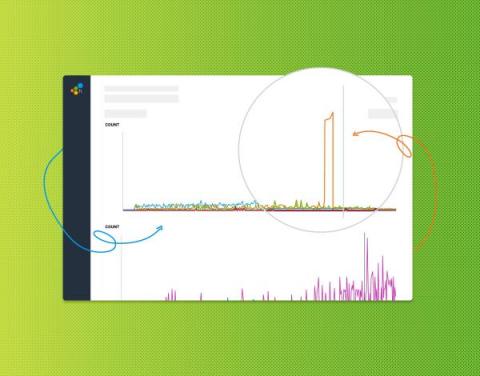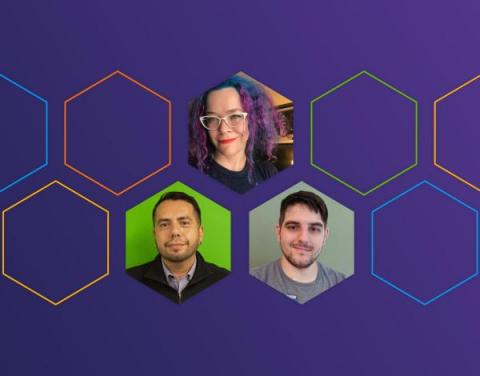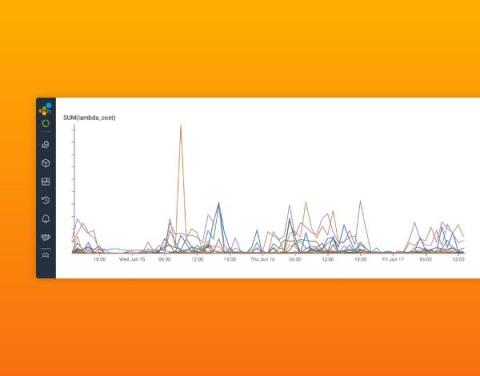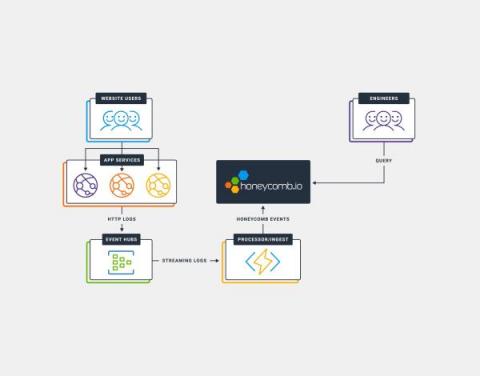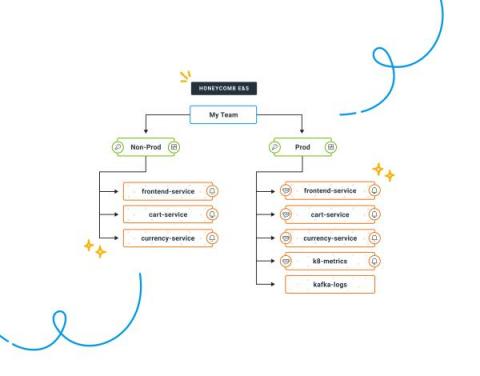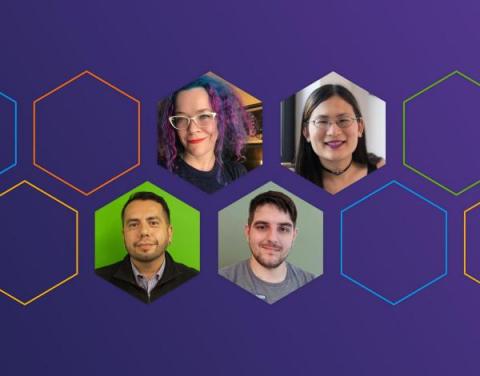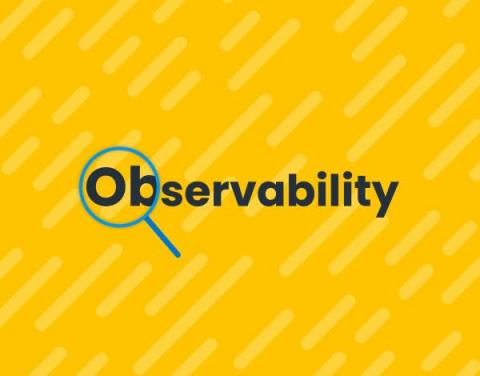We Learn Systems by Changing Them
It is only possible to come to an understanding of a system of interest by trying to change it. Here, Jackson contrasts action research with old-style hard science, which tries to study a system from the outside. Laboratories draw a line between experiment and scientist. In the social world, there is no outside: we participate in the systems we study. I’ve noticed this in code: when I come to an existing codebase, I get a handle on it by changing stuff.


